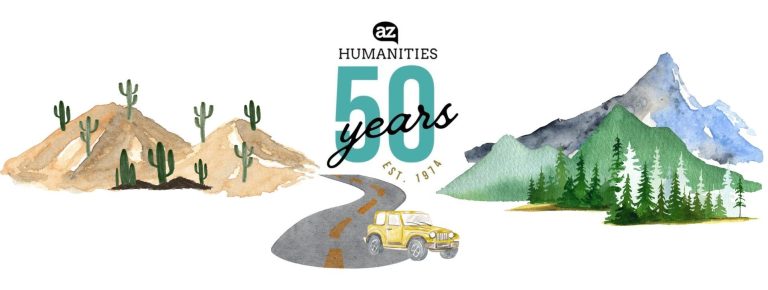
Celebrating half a century of sharing and nurturing the human experience in Arizona.
Your Stories. Our History. One Humanity.
Arizona Humanities Throughout the Years
Take a 'scroll' through time - 50 Years of Arizona Humanities
Arizona Humanities became an official statewide 501(c)(3) nonprofit organization and the Arizona affiliate of the National Endowment for the Humanities. Lorraine W. Frank became the founding Executive Director of Arizona Humanities at this time.
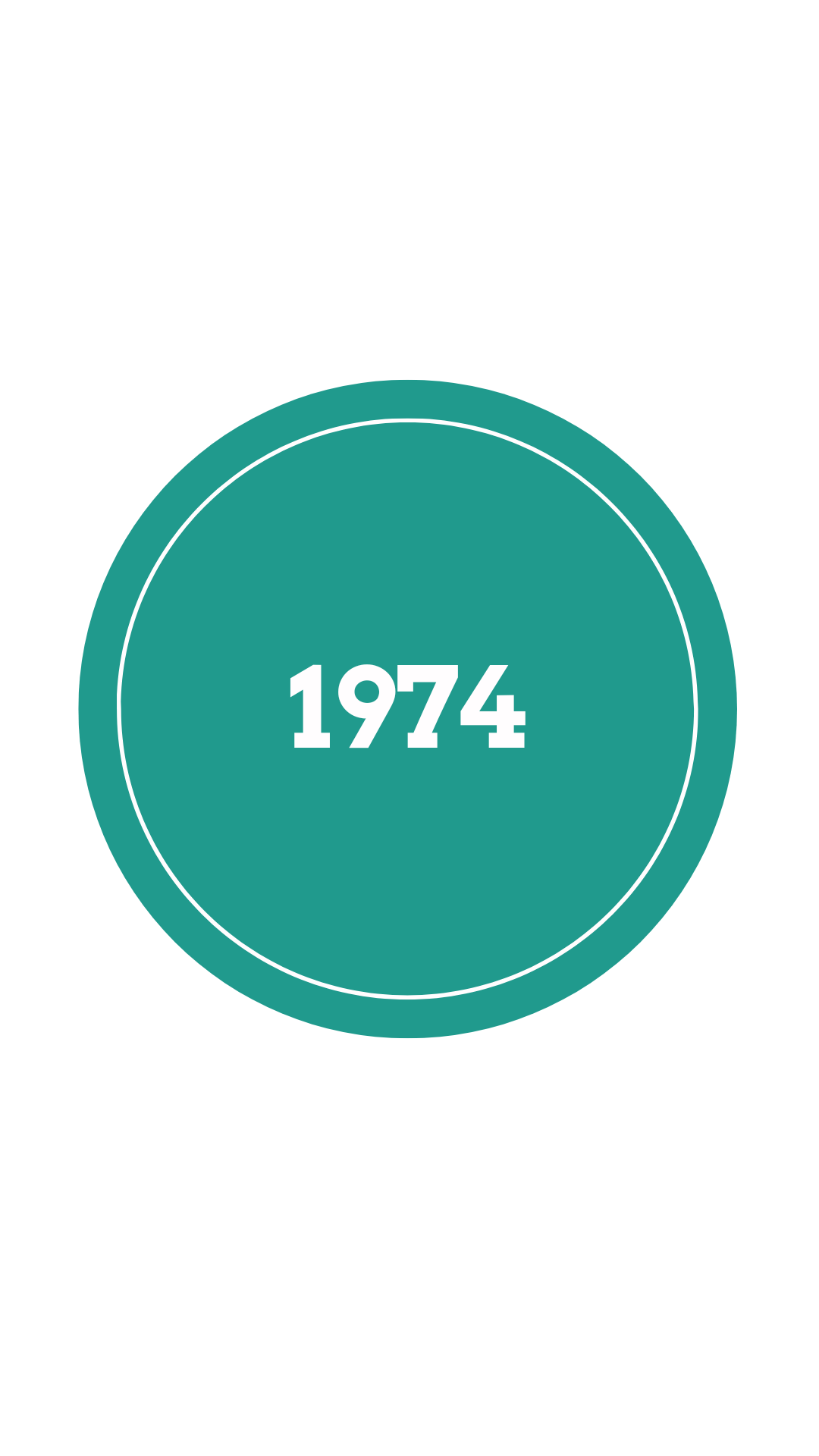
With the leadership of Lorraine Frank, the first program for Arizona Humanities was born. Titled "Frontier Values Under the Impact of Change", five proposals were granted funding. Topics of projects included the changing role of women in the workplace, the effect of work values on public policy, and land planning in the Phoenix metropolitan area and on the Navajo Reservation.

In May of 19884, the council launched the Arizona Resource Center for the Humanities (ARCH), an ongoing council-conducted project that helped 'nonprofit community and civic organizations in the planning and development of public programs which are based on humanities-related films, exhibits, and other audiovisual resources borrowed from the resource center.' Many other state councils began to adopt similar programs throughout the 1980s.
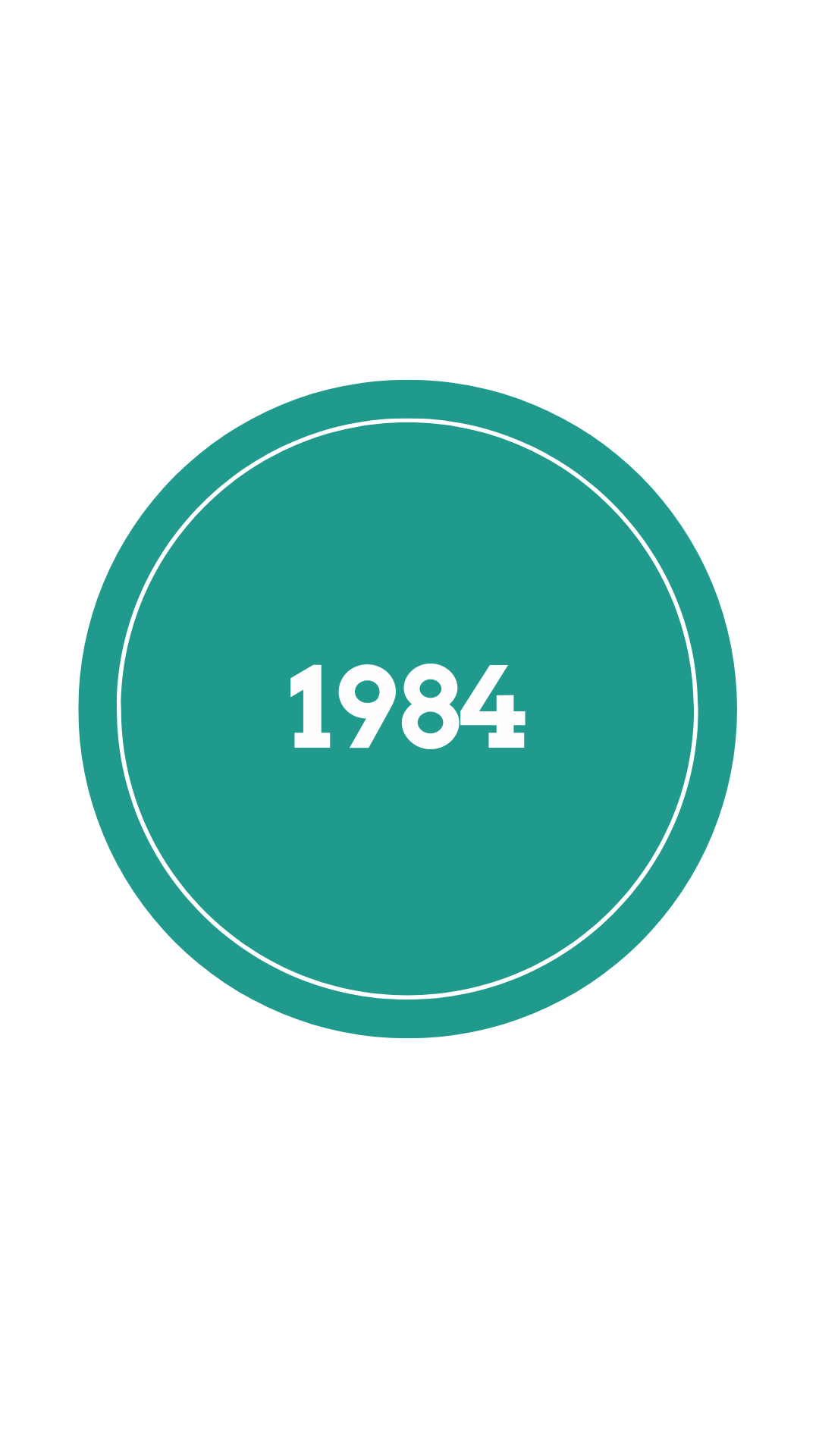
Resigning in 1989, Lorraine Frank stepped down as the Executive Director and passed the torch to Dan Shilling, who was the ARCH Director at the time. In the same year, Dan launched a program titled "Trails Through Time: A New Western History" that put Western history on the map and was the first example of a large-scale, council-conducted project, which Arizona Humanities became popularly known for.
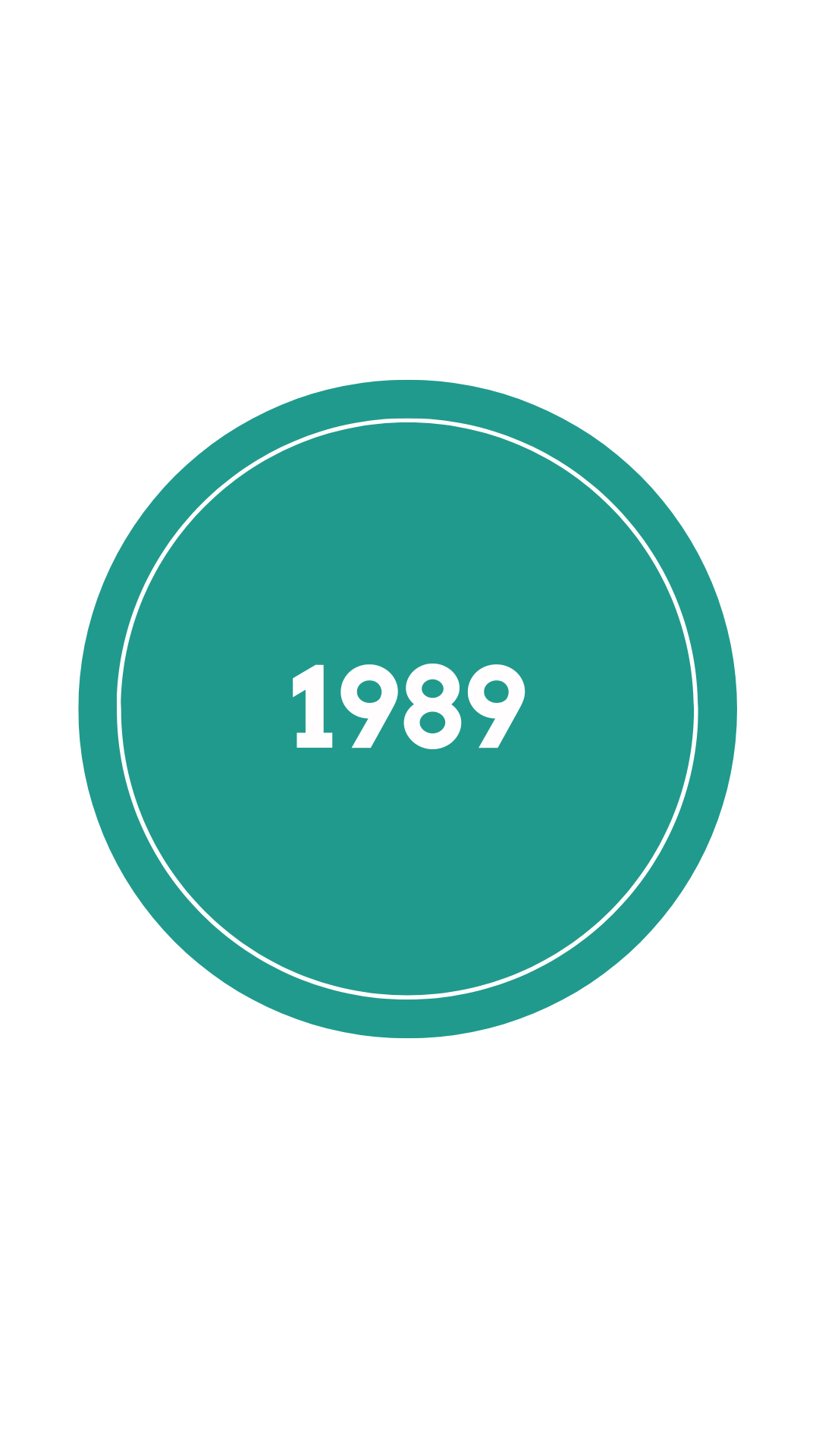
In 1991, The Arizona Humanities Council funded a Media Grant that helped bring the environmental study 'Wild by Law: The Rise of Environmentalism and the Creation of the Wilderness Act" to life, which received an Academy Award nomination for Best Documentary Feature in 1992.

In 1995, the Arizona Humanities Council became a host to the traveling Smithsonian exhibition "Produce for Victory: Posters of the American Homefront, 1941-1945", which was promoted by four Arizona communities: Bisbee, Jerome, Payson, and Parker.

With the support and funding from the Rockefeller Foundation and the Civil Liberties Public Education Fund, the Arizona Humanities Council coordinated the project "Transforming Barbed Wire" which focused on Japanese American internment camps in Arizona during World War II. This project lasted from 1997-1998, and was considered a 'historic undertaking'.

In 2003, Dan Shilling ended his tenure as Executive Director of the Arizona Humanities Council. The organization then set out to find a new person to take over the legacy.
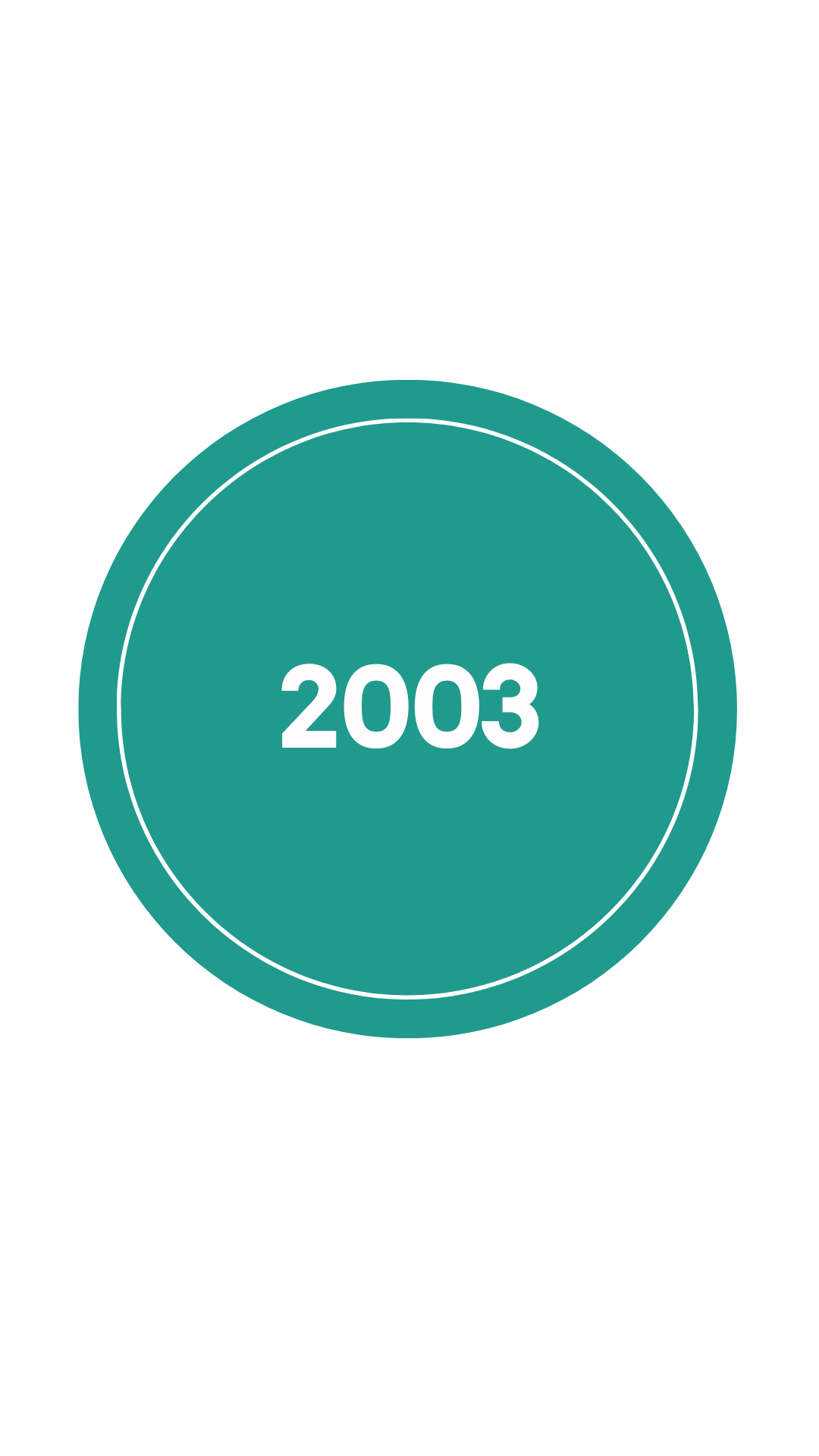
Having already been heavily involved with the organization, Juliana Yoder steps in as the new Executive Director of Arizona Humanities. Juliana (Julie), was a mentee of previous Executive Director Lorraine Frank, whom she greatly admired.
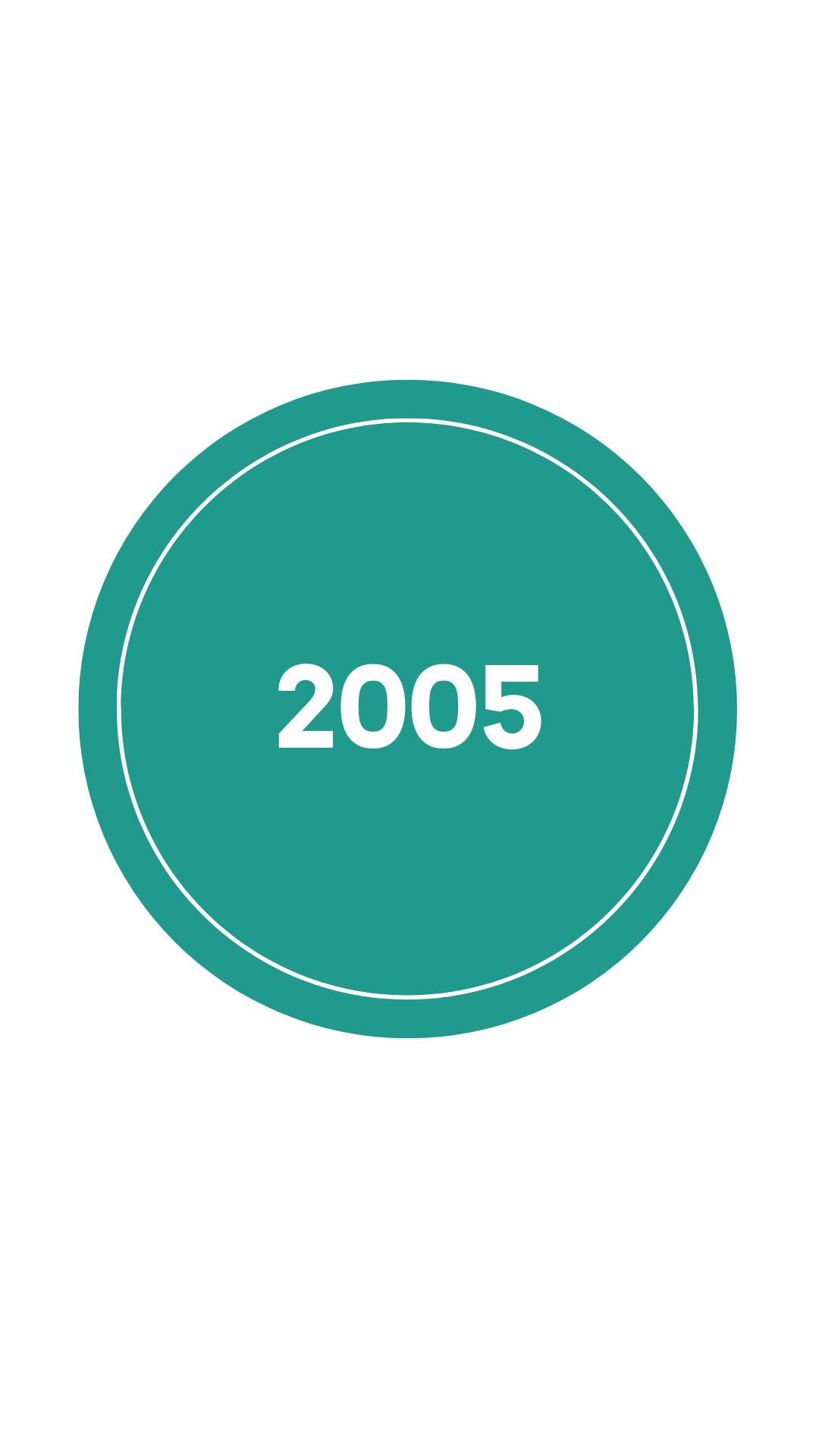
Executive Director Juliana Yoder resigns after being with Arizona Humanities for 19 years. Our Friend of the Humanities award was greatly inspired by Julie, who fiercely advocates for the humanities.
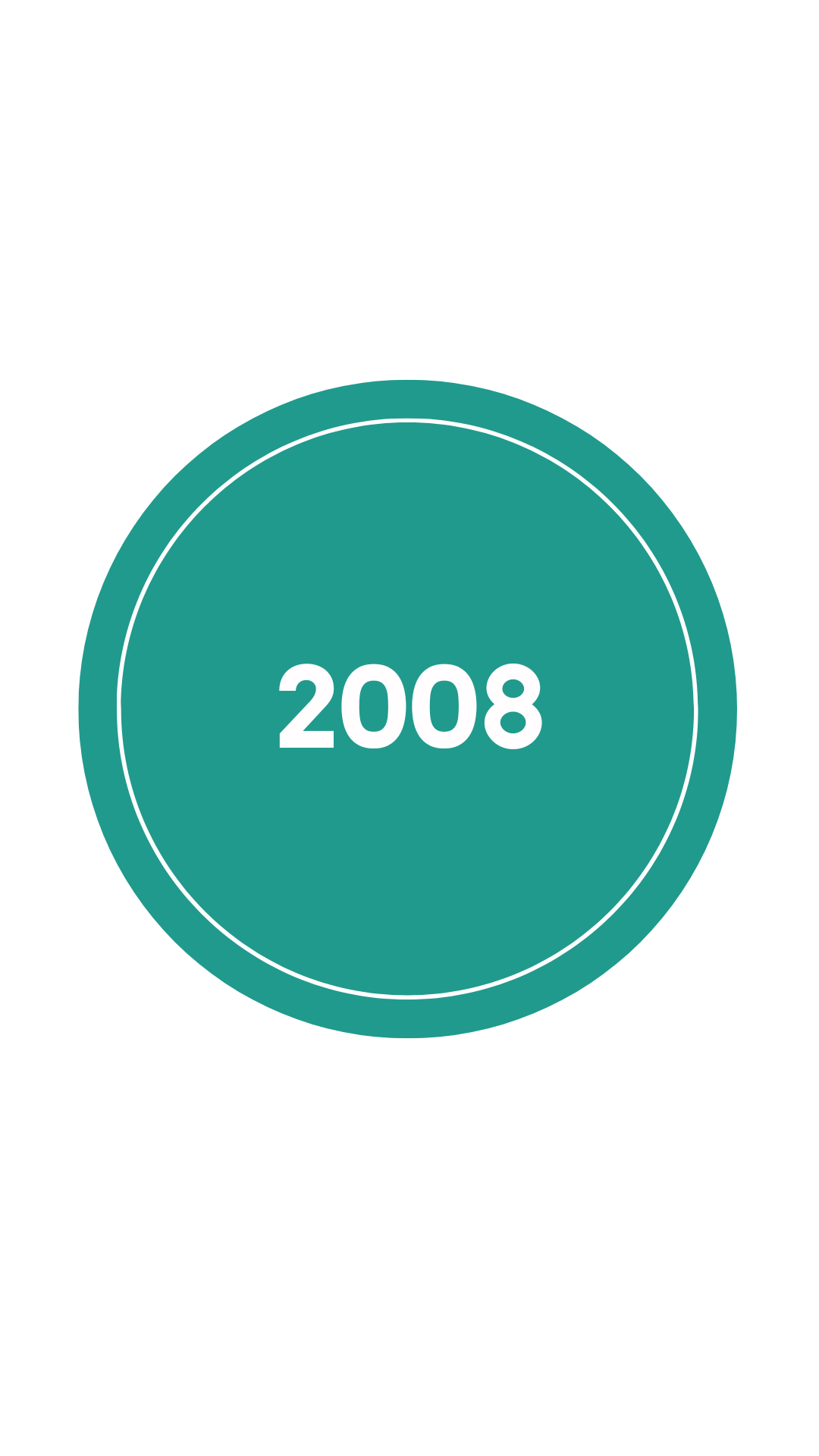
Brenda Thomson, Yale Law graduate and artist, was named the new (and current) Executive Director of Arizona Humanities.
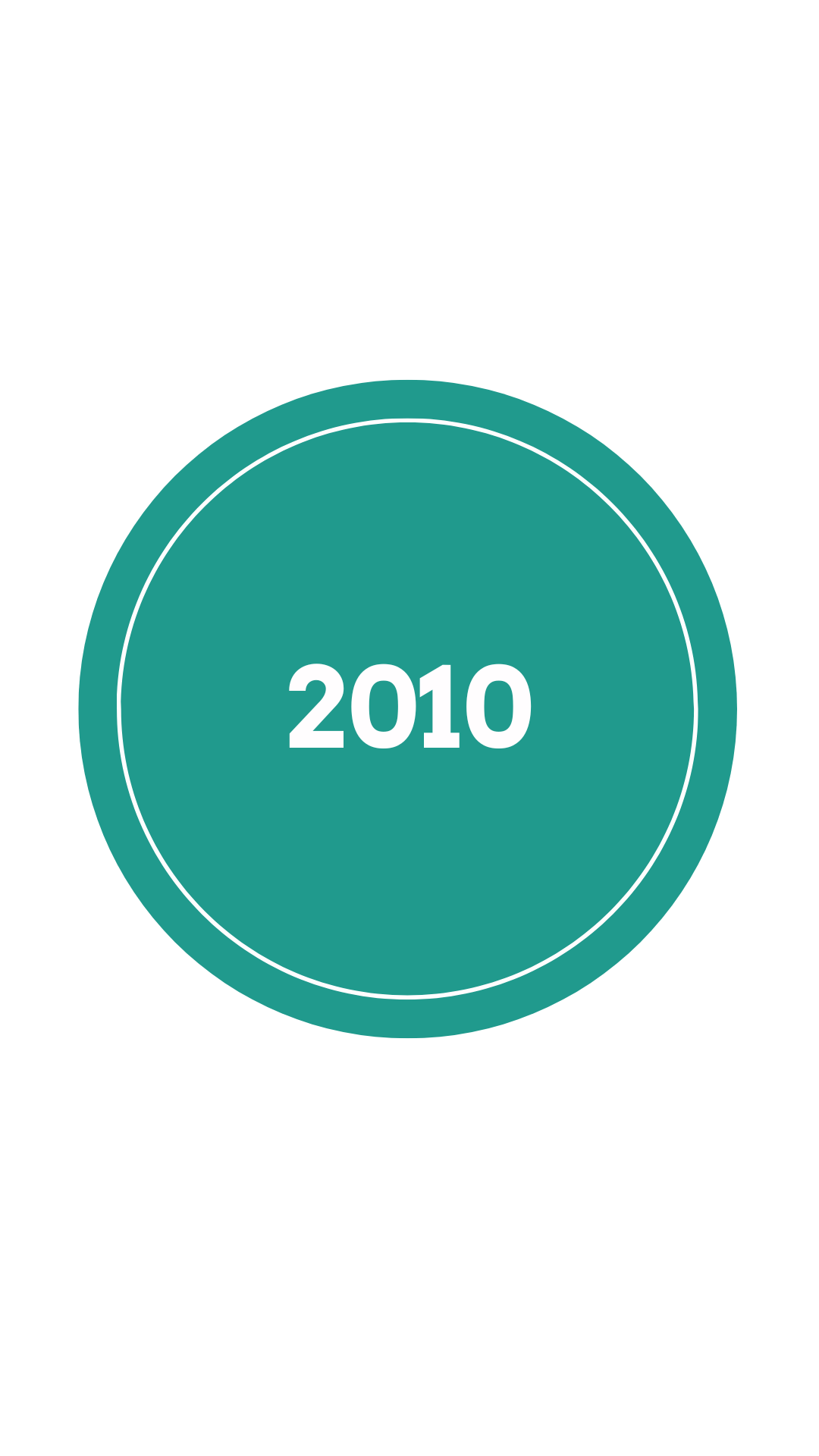
In 2011, The Arizona Humanities established an Endowment with the Arizona Community Foundation and won the KAET 8 Be More Award for Outstanding Achievement in Educational Outreach.
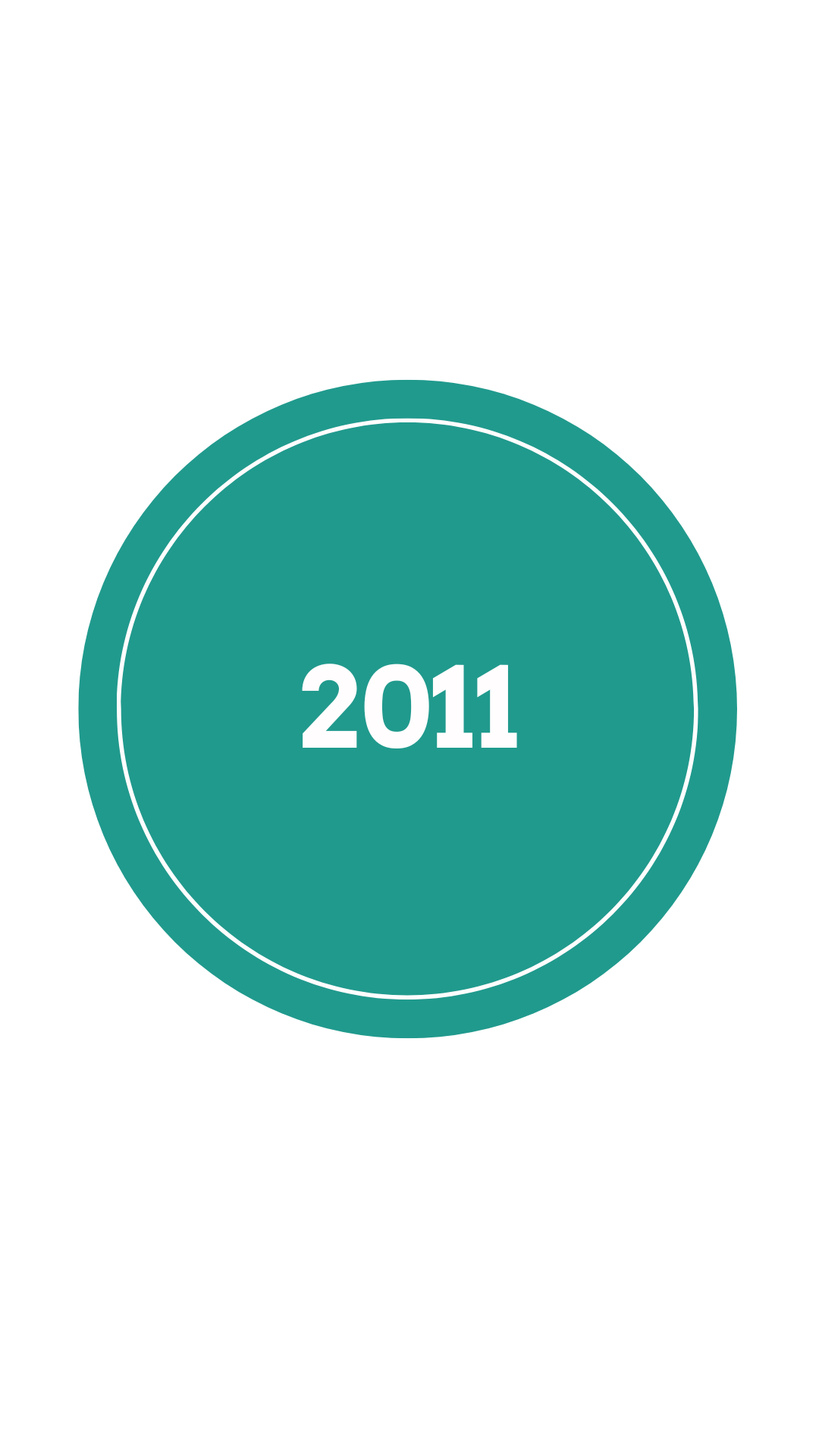
With support from the Board, the Arizona Humanities Council changes its name to Arizona Humanities. With this change came a new logo, branding, and website.
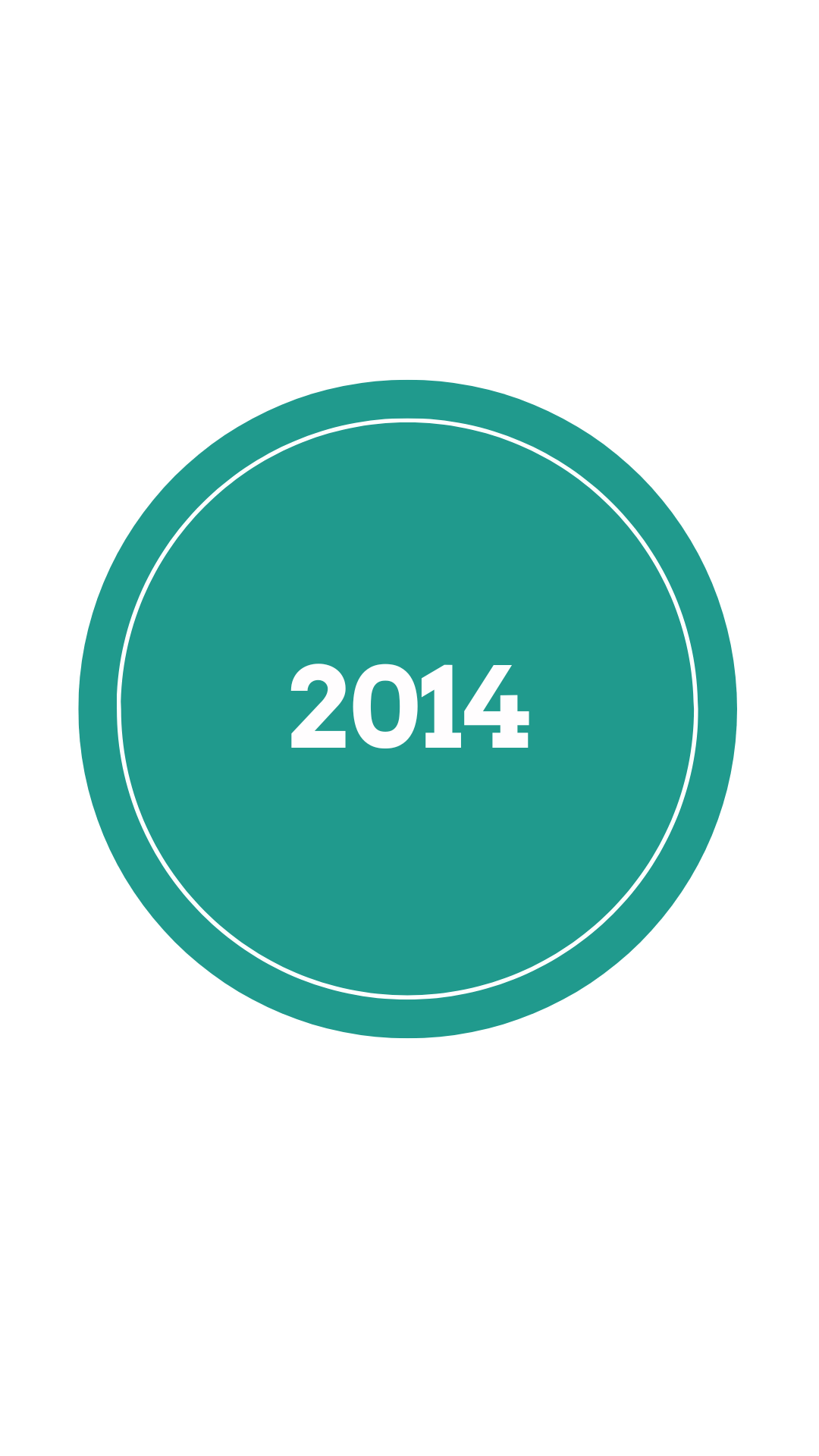
Our FRANK Talks program launched with AZ State Libraries and Archives for a $10k partnership. FRANK talks provide citizens with free, thought-provoking discussions on important issues facing our communities.

In 2017 Arizona Humanities and the City of Phoenix celebrated the 100th anniversary of the Ellis-Shackelford House (1917-2017), home to Arizona Humanities in downtown Phoenix.

We showed up for humanities across Arizona by awarding $520,000 in rapid-response funding to fifty-eight (58) non-profit humanities and cultural organizations facing financial hardship from the COVID-19 pandemic. The Congressional CARES Act generously funded these grants through the National Endowment for the Humanities (NEH).

Arizona Humanities was awarded the Andrew W. Mellon Foundation’s “Why it Matters: Civic and Electoral Participation” initiative and the NEH’s A More Perfect Union initiative. These awards helped us start our Representation Matters and Climate Conversations programs.
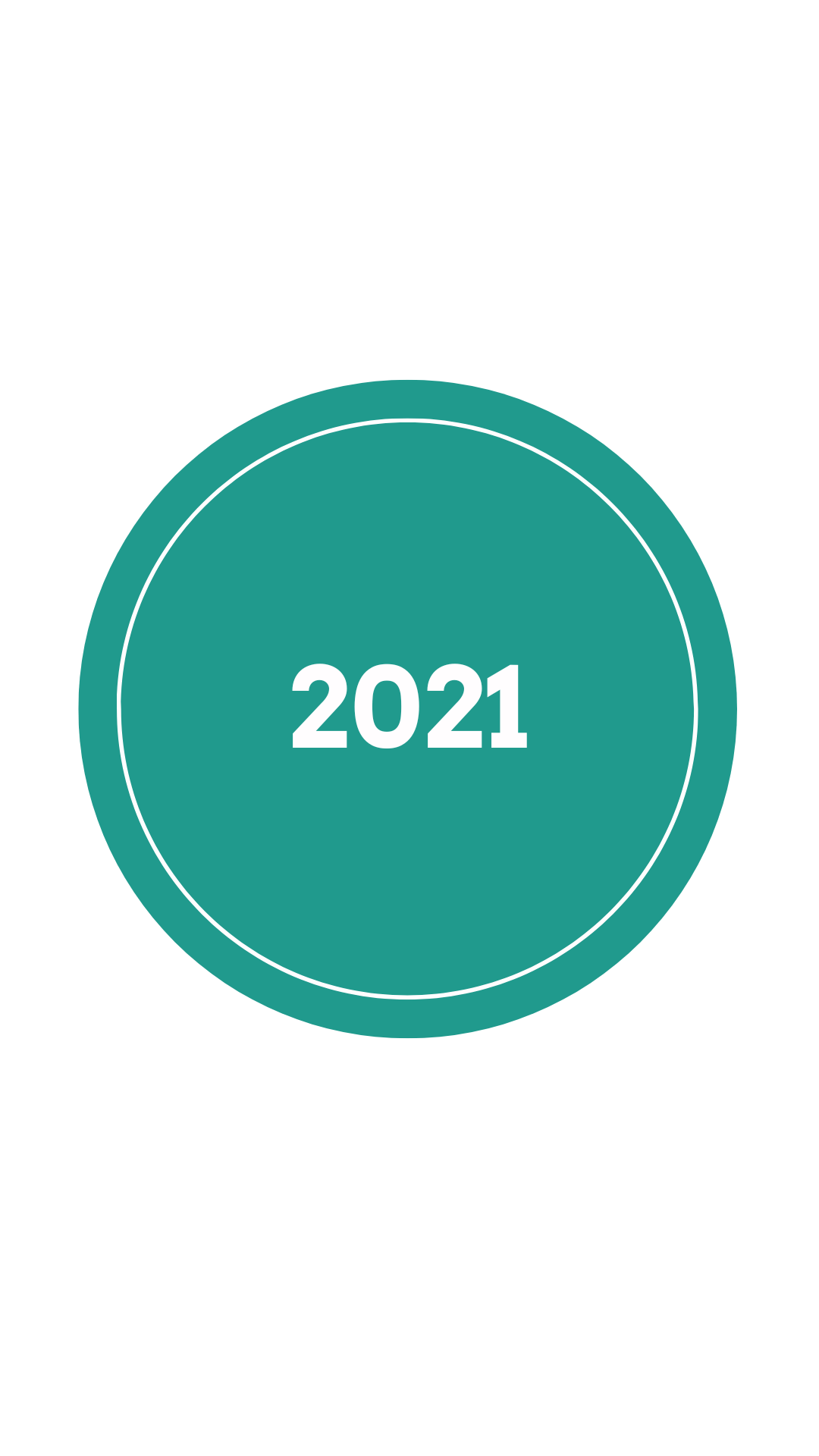
In 2023, Arizona Humanities received funding from the NEH's United We Stand Initiative, which helps to expand on humanities programming that fosters cross-cultural understanding during a time of divisiveness.
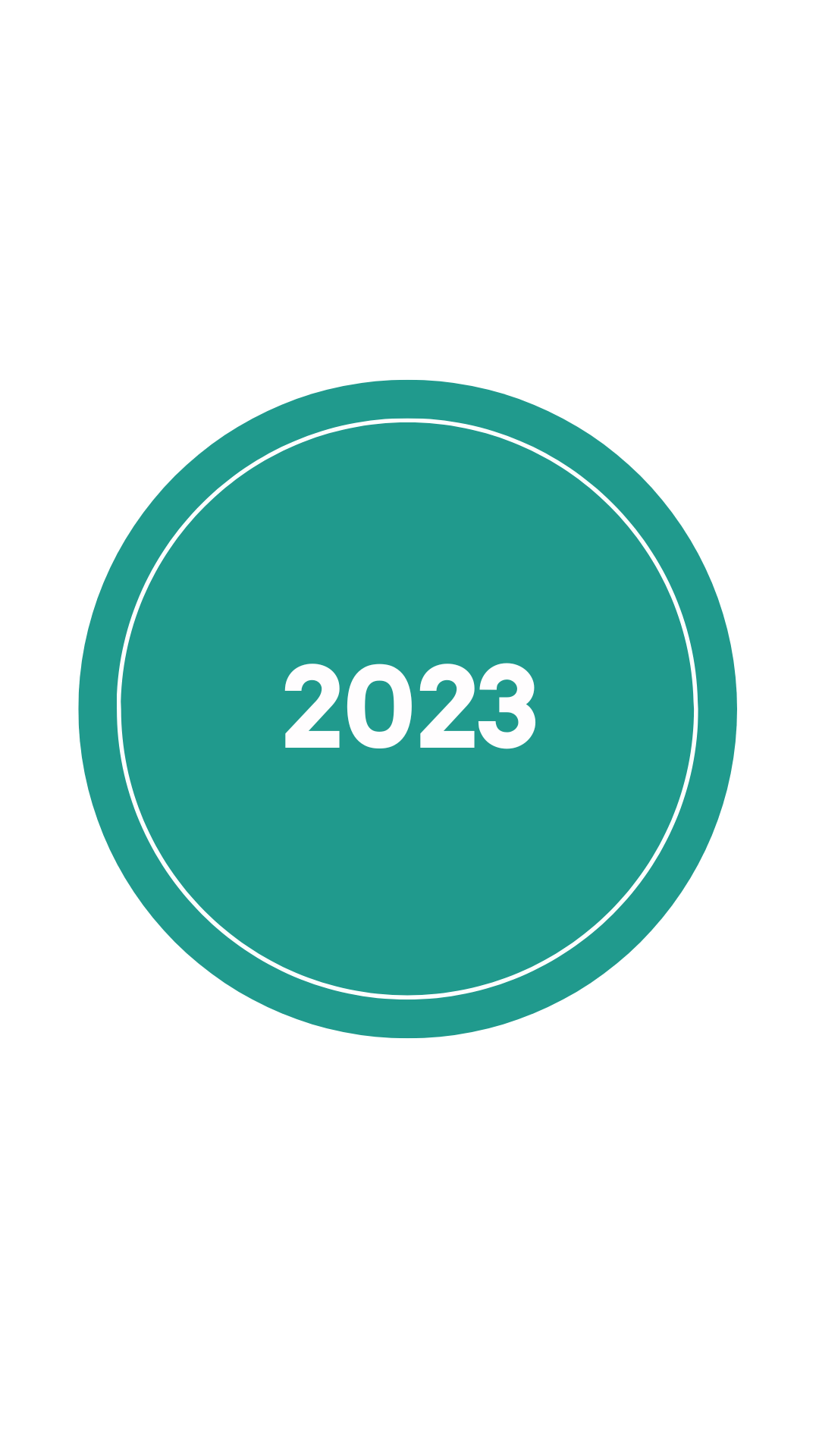
2024 is a big year of growth for Arizona Humanities. As we celebrate our 50th anniversary, we also work to continue growing our team and elevating our programming to nurture the humanities in the state of Arizona.
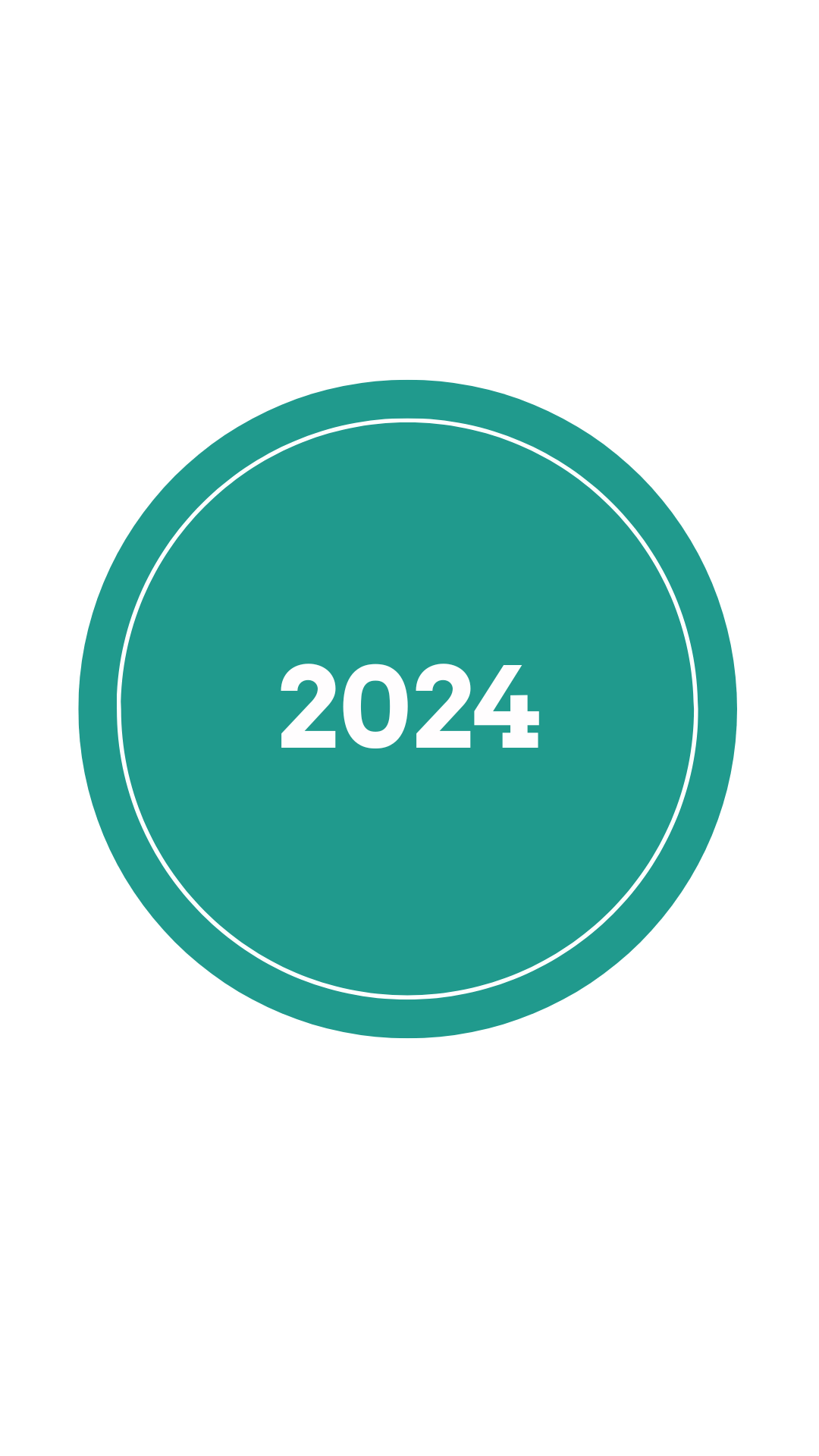
Previous
Next
Spread the Word!
As we celebrate 50 years of sharing the Arizona experience, we want to hear from the people who make our work possible!
Share your #MyAZHumanity story by easily recording a 2-minute video or a quick text response about how the organization has impacted your life/career. Your response may be used throughout the year in marketing material to help us celebrate our 50th anniversary!
50 Years Strong! Help Us Do 50 more.
Arizona Humanities has been the champion of Arizona's culture for 50 years. Join in on the celebration by gifting $50 for our 50th! Your generous donation helps fund programs like AZ Reads, Representation Matters, and more. With your support, we will continue to sustain the humanities in Arizona for many beautiful years to come.
